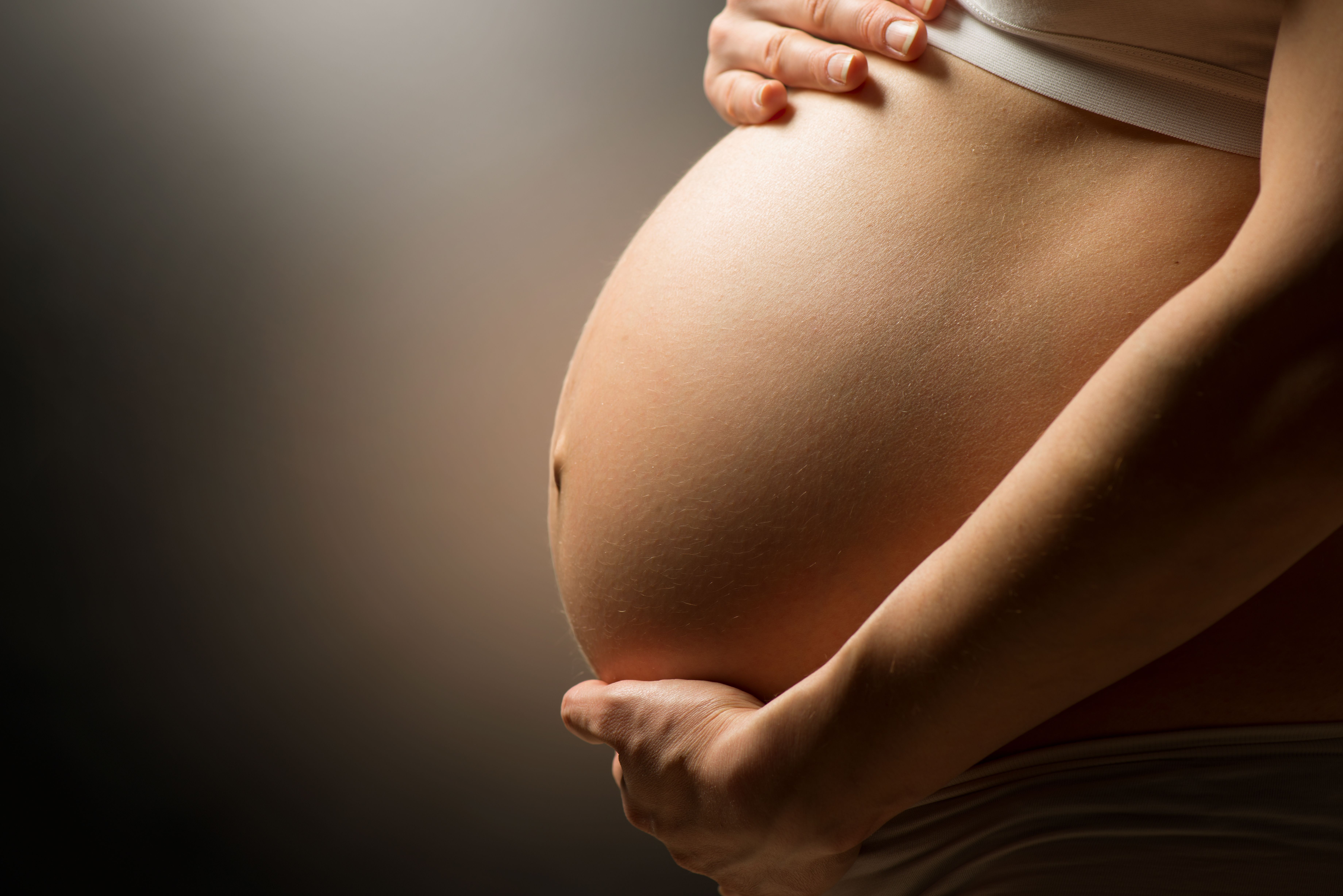- Acne
- Actinic Keratosis
- Aesthetics
- Alopecia
- Atopic Dermatitis
- Buy-and-Bill
- COVID-19
- Case-Based Roundtable
- Chronic Hand Eczema
- Chronic Spontaneous Urticaria
- Drug Watch
- Eczema
- General Dermatology
- Hidradenitis Suppurativa
- Melasma
- NP and PA
- Pediatric Dermatology
- Pigmentary Disorders
- Practice Management
- Precision Medicine and Biologics
- Prurigo Nodularis
- Psoriasis
- Psoriatic Arthritis
- Rare Disease
- Rosacea
- Skin Cancer
- Vitiligo
- Wound Care
Article
Psoriasis flares during pregnancy, postpartum
Author(s):
Psoriasis does not appear to impact fertility, but there are conflicting data on whether psoriasis itself affects the risk of pregnancy complications in women of childbearing age. This expert weighs in on the subject.
Almost half of pregnancies among women in the U.S. are unplanned. Dermatologists need to consider the safety of treatments available for psoriasis in woman of childbearing age, regardless of the patient’s intentions to become pregnant. (Subbotina Anna - stock.adobe.com)

Dr. Wu

Psoriasis does not appear to impact fertility, but there are conflicting data on whether psoriasis itself affects the risk of pregnancy complications and pregnancy outcomes.
While some studies show that women with psoriasis are at increased risk for adverse events including spontaneous and induced abortions or delivery of preterm and low birth weight infants, other studies find no associations between psoriasis and these problems.
The major issue for women of childbearing age is the need to balance the benefits of treatment for maintaining control of psoriasis with the potential risks to the child if the woman becomes pregnant or is breastfeeding, according to Jashin J. Wu, M.D., who is a member of the working group developing the joint AAD-NPF guidelines of care for the management and treatment of psoriasis. He is founder and CEO, Dermatology Research and Education Foundation, Irvine, Calif.
“In my experience, most women who are pregnant want to stop all medical therapy for psoriasis because they are concerned about harming their baby. Limited data show that stopping treatment may not risk worsening of their psoriasis, but for those women who do flare, there may be a greater risk of flare postpartum,” Dr. Wu says.
Dr. Wu cites a study published in 2005 that evaluated change in psoriasis severity during pregnancy based on patient self-reports and body surface area (BSA) of involvement.1 By both measures, twice as many patients reported improvement during pregnancy than worsening.
Postpartum, however, the percentage of women whose psoriasis worsened was much higher than the percentage whose disease improved, as assessed both by self-report (7-fold difference) and BSA change (6-fold difference).
Recently, a study conducted by Dr. Wu and colleagues analyzed postpartum flares in relation to whether or not patients had a flare during pregnancy.2 Flare frequency, measured as flares per month per 100 pregnancies, was similar in the two groups at baseline before pregnancy, but the women who had flares during pregnancy were more likely to experience a flare postpartum.
“The consistent message from these studies is that women whose psoriasis flares during pregnancy have a strong chance of experiencing a flare after delivery. Women who have stopped treatment during pregnancy may want to consider getting onto treatment soon after the baby is born to try to control the disease.”
Treatment selection
Dr. Wu says that women with psoriasis and their treating physicians should be aware of data showing that almost half of pregnancies among women in the United States are unplanned. Therefore, consideration needs to be given to the safety of treatments available for psoriasis, regardless of the patient’s intentions to become pregnant.
Medications that need to be avoided in women who are pregnant include methotrexate, which is an abortifacient, teratogen, and mutagen, and acitretin.
“Use of acitretin is really limited in women of childbearing potential because of the risk of its metabolic conversion to etretinate that is teratogenic and stored in the liver from where it is slowly released for up to three years,” Dr. Wu says.
Tazarotene, which may be used as topical treatment for psoriasis or acne, is also contraindicated for use during pregnancy.
Women can be encouraged to use topical moisturizers and emollients. Topical corticosteroids can be considered as well, but various groups have offered recommendations for dosage based on corticosteroid potency and even with respect to avoidance during the first trimester.
Calcineurin inhibitors are also expected to be safe to use during pregnancy, although there are reports associating oral use of these agents during pregnancy with low birth weight, prematurity, and malformations.
Phototherapy with broadband or narrowband UVB is considered a viable option for women who are pregnant or breastfeeding. However, PUVA is contraindicated because psoralen is mutagenic and teratogenic.
Among the biologics, certolizumab pegol (Cimzia, UCB) is considered the safest in pregnancy and during lactation.
“Certolizumab pegol, which is an Fc-free TNFα inhibitor, is the only biologic for which there is clinical trial data showing it does not cross the placenta,” Dr. Wu says. “Other TNF inhibitors, such as adalimumab and infliximab, have been shown to have active transfer to the placenta.3”
The safety of using agents within the newer classes of biologics, including IL-12/IL-23 , Il-23, IL-17 inhibitors is uncertain. Data showing that prolonged remissions are maintained after treatment with IL-23 inhibitors is stopped suggests they might be considered for women with severe disease who want to become pregnant but do not want to be on medication when they are trying to conceive and during their pregnancy. But there is no evidence to establish the safety of their use in women who become pregnant, Dr. Wu said.
Disclosures:
Dr. Wu serves as consultants to and receive honoraria as speakers for companies that market products used for the treatment of psoriasis.
References:
1. Murase JE, Chan KK, Garite TJ, Cooper DM, Weinstein GD. Hormonal effect on psoriasis in pregnancy and post partum. Arch Dermatol. 2005;141(5):601-606.
2. Brady B, Kim G, Fowler R, et al. Incidence of peri-pregnancy flares among psoriasis patients. Poster presented at: AAD 2019. March 2, 2019; Washington, DC.
3. Mahadevan U, Wolf DC, Dubinsky M, et al. Placental transfer of anti-tumor necrosis factor agents in pregnant patients with inflammatory bowel disease. Clin Gastroenterol Hepatol. 2013;11(3):286-292.
Newsletter
Like what you’re reading? Subscribe to Dermatology Times for weekly updates on therapies, innovations, and real-world practice tips.







